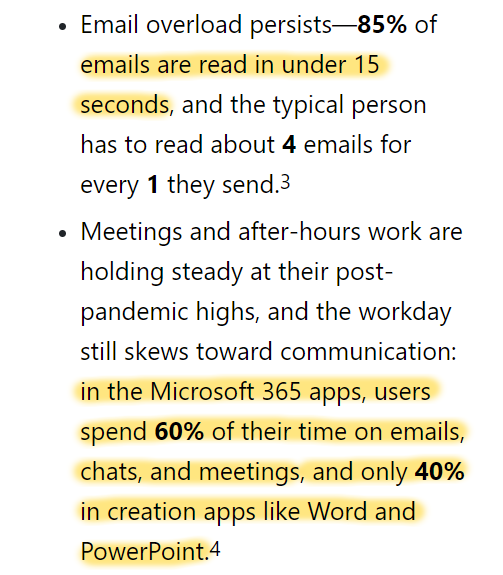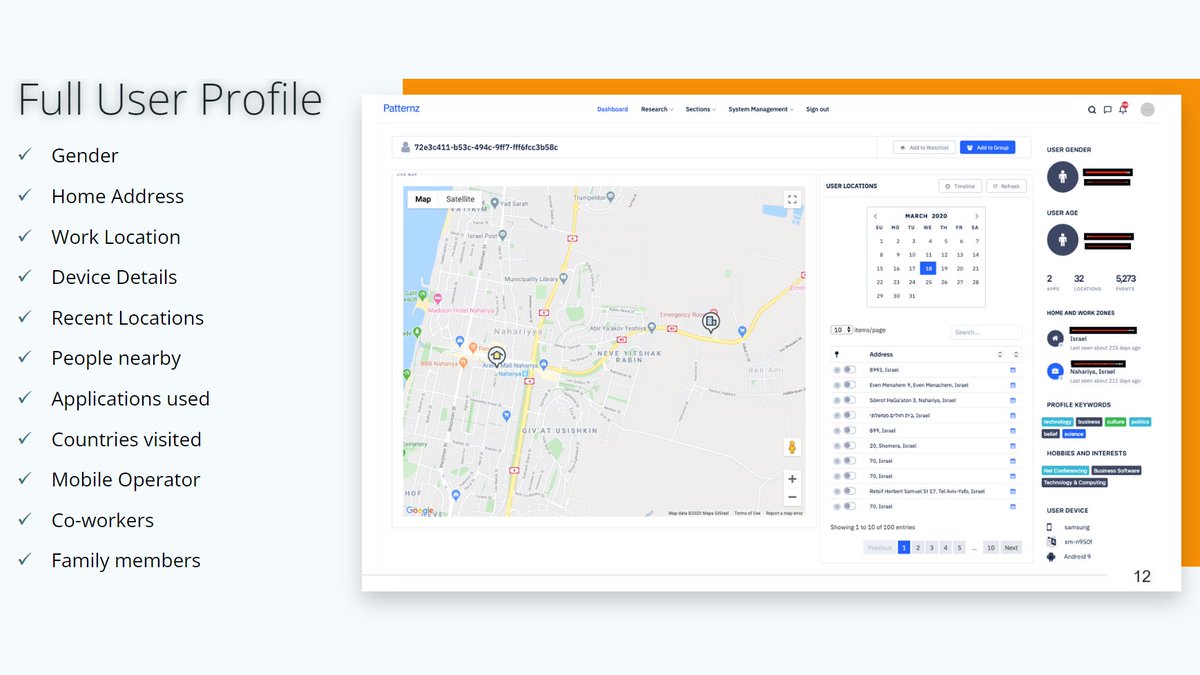Equifax operates a massive database that contains the full employment history including weekly pay of 105 million US workers, which it receives from 2.5m employers and payroll processors #socialcredit
Also, it used the data to spy on its own employees.
businessinsider.com/equifax-fires-…
Also, it used the data to spy on its own employees.
businessinsider.com/equifax-fires-…
(h/t @publictorsten)
According to Equifax, it does not only have employment and income data but also 'talent' data. And it's not only sold to employers but to many parties from lenders to government agencies (to evaluate welfare applications, as interpreted by Business Insider).

According to Equifax, it does not only have employment and income data but also 'talent' data. And it's not only sold to employers but to many parties from lenders to government agencies (to evaluate welfare applications, as interpreted by Business Insider).


"We are now receiving records every pay period from 2.5 million companies, up from ... 27,000 contributors a short two-plus years ago. Our lens is expanding beyond U.S. non-farm payroll to include the 40-50 million gig and self-employed workers and 20-30 million pensioners" 

Equifax states that 'Workforce Solutions' is now its "strongest, fastest growing, highest margin and most valuable business. It now delivers over 40% of Equifax revenue, up from 25% a short three years ago and will likely grow to over 50% of Equifax in the coming years" 

Above quotes come from Equifax's 2021 letter to its shareholders:
d1io3yog0oux5.cloudfront.net/_49ef80b78d837…
Apparently, Equifax already provides similar 'workforce solutions' products in Canada, Australia and India, and it launched a new "income and employment verification platform" in the UK.
d1io3yog0oux5.cloudfront.net/_49ef80b78d837…
Apparently, Equifax already provides similar 'workforce solutions' products in Canada, Australia and India, and it launched a new "income and employment verification platform" in the UK.

Disturbing at many levels.
Why should an unaccountable+inescapable for-profit organization have control over lifelong employment data and subsequent decision-making?
Make no mistake, this is not just about 'privacy'. It fundamentally affects power asymmetries in life and work.
Why should an unaccountable+inescapable for-profit organization have control over lifelong employment data and subsequent decision-making?
Make no mistake, this is not just about 'privacy'. It fundamentally affects power asymmetries in life and work.
Making employment, pay and even talent data easily accessible *across* employers increases their leverage in many ways. Especially in low-paid work, it further contributes to disciplining workers throughout life, and it helps employers to better hire/fire/exploit people at scale.
Of course, Equifax also collects personal data in order to make decisions on people in other areas of life, for example credit data from 'buy now pay later' companies.
d1io3yog0oux5.cloudfront.net/_49ef80b78d837…
d1io3yog0oux5.cloudfront.net/_49ef80b78d837…

Equifax's "very unique data assets" include records on employment/education/incarceration, 'core' credit data, bank account balances/deposits/withdrawals, data on devices and digital behaviors (Kount), "access to 80 million unbanked, underbanked and credit rebuilding consumers". 

Equifax is not just a credit reporting agency. It's a data broker and it helps others to make decisions about people in many areas of life. Each entry in the above list refers to yet another huge data processing system. I wrote more about one of them here:
https://twitter.com/WolfieChristl/status/1583082657835274241
• • •
Missing some Tweet in this thread? You can try to
force a refresh

















